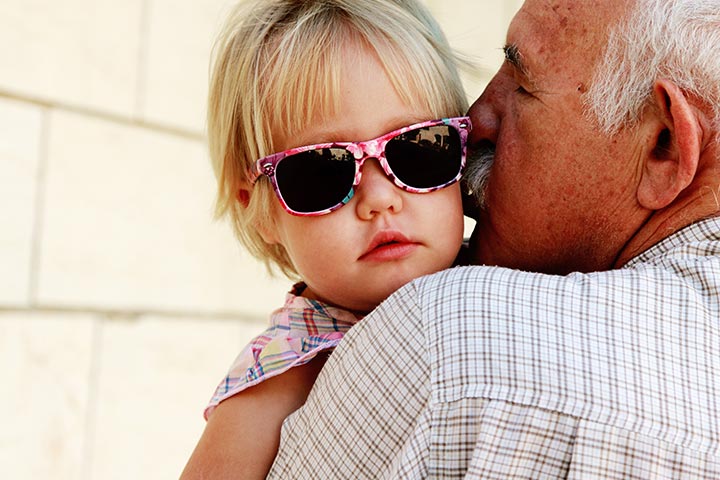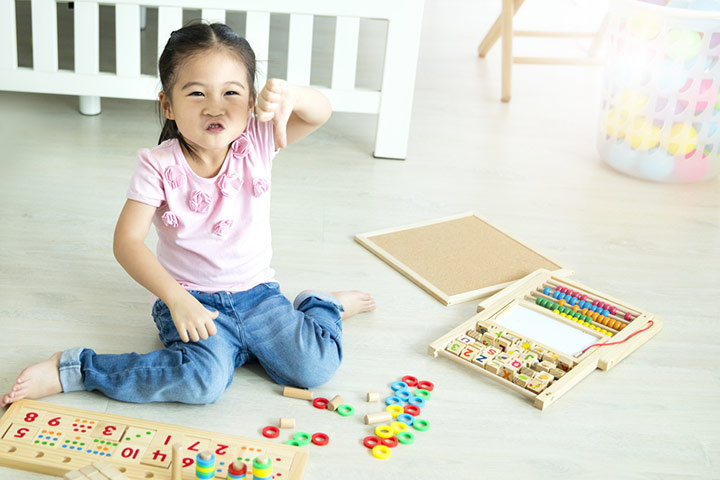
Image: Shutterstock
Kids are naive and vulnerable. They are like sponges, absorbing anything that you teach them. Remember how we were forced as kids to oblige to the kisses that our uncle’s and aunt’s wanted to plant on our cheeks? Even if we were hesitant to do it, our parents would tell us not to be rude by saying no. Even if you have not experienced it yourself, I’m sure you would have encountered others going through this numerous times.
For some reason, we were taught as kids to never say no. “No” always had a bad connotation attached to it, such as being rude or ill-mannered. Whether it was a peck on the cheek or asking us to sit on their laps, we as kids are usually expected to happily oblige to these requests because you don’t want to embarrass your parents by being the rude one in your family. But then, the same parents would come and tell you not to talk to strangers or accept their candies. We don’t realize that this can get really confusing for children, because for them, even our cha-chas and mamas are strangers whom they have just met. And that’s the very reason why child traffickers have used this as a tactic to lure young boys and girls into obliging to their requests by introducing themselves as a relative from the mother’s or father’s side of the family. Because God forbid we say no to our relatives. They know for sure that kids wouldn’t dare question them or be so rude to tell them no to their face.
It’s high time that we have this conversation with our children to teach them the power of “No”. If your child says no to someone making a move to kiss their cheeks, make sure that the boundaries are respected. Whether it is a hug, a handshake or even a light peck, kids have the right to say no to any situation that makes them uncomfortable when it comes to bodily autonomy. Start by practicing this at home by respecting your kid’s wishes if he/she doesn’t want you to cuddle or kiss them.
Are We Raising Brats By Teaching Kids To Say No?
One of the most important arguments that people make is that kids today are given more freedom unlike earlier which would turn them into brats. Though it makes for an interesting point, here’s why you shouldn’t worry. By teaching kids to say no and respecting their boundaries, they will automatically learn to respect other people’s boundaries as well.
But here’s where it can get tricky. What if your child starts using “no” to get out of doing their chores? For example, if your child starts saying no to doing their laundry or cleaning their room, instead of losing their cool, ask them why they don’t want to do it and try to be patient. If they still won’t budge, give them a time-out or come up with consequences for their action. This way your kid will learn to use the word more responsibly. Teaching your kids the power of the word no or consent for that matter will always be an ongoing conversation. Because every time that your child says no, it’s a conversation that has to be had.
Words such as assault, rape, and molestation can be too complex for them to understand. They are at an age where they are too young to grasp the difference between good touch and bad touch. But by respecting their wishes and not forcing them into anything they are not comfortable with, children will learn to embrace the power of no while simultaneously learning to respect other people’s boundaries. Let’s make our world a wee bit safer by raising sensitive humans.















